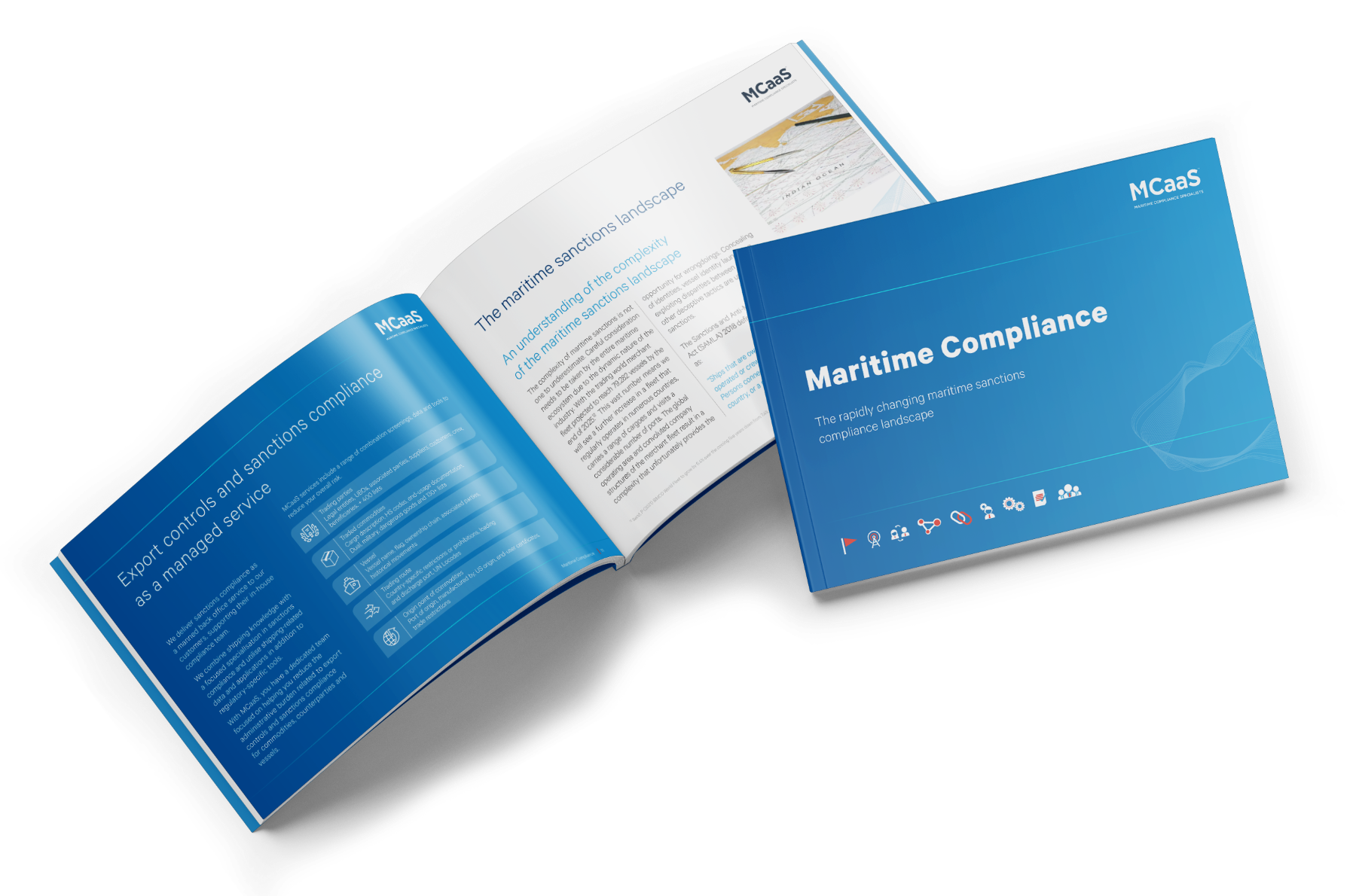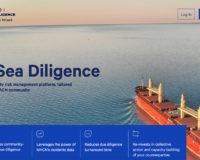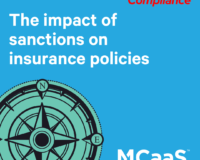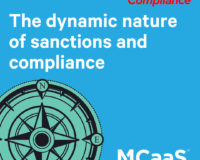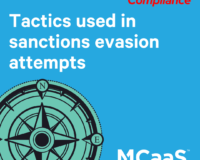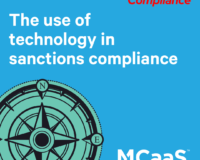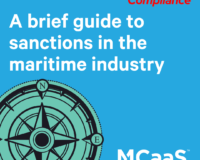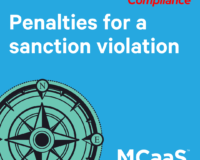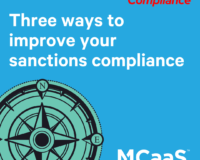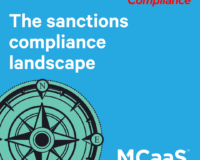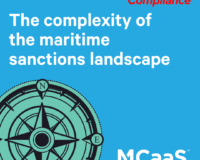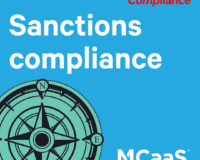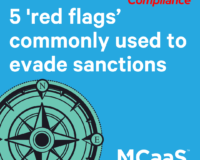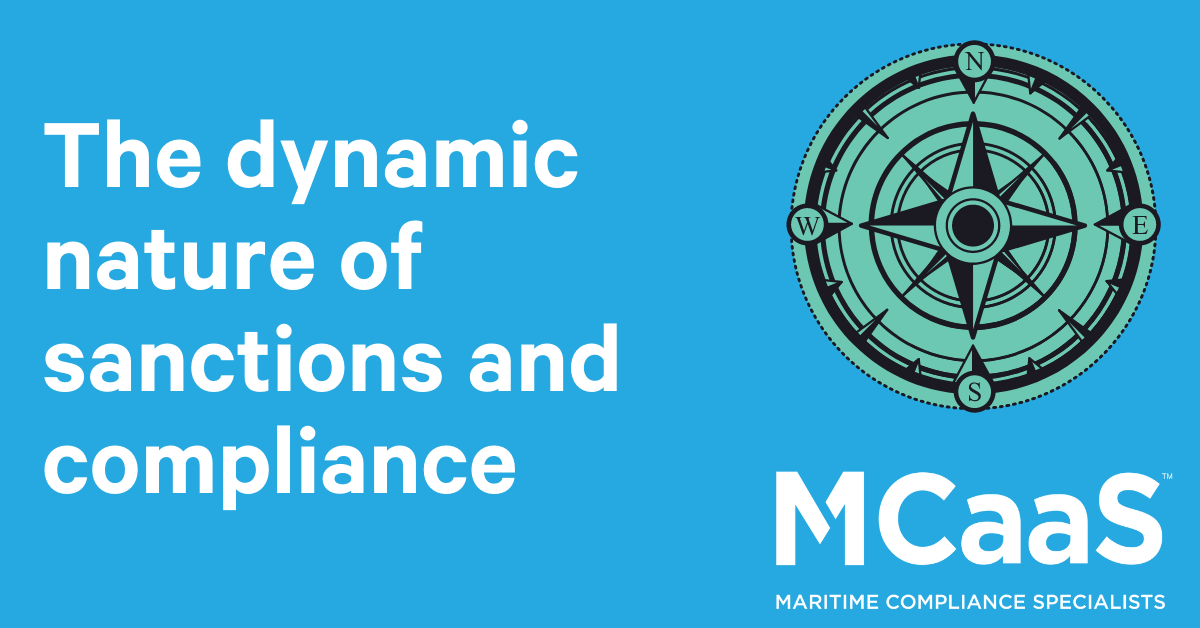
Throughout our series of 12 articles, we have explored the sanctions compliance landscape, with each of the articles focusing on a particular aspect. The importance and many intricacies of sanctions compliance are not ones to overlook. The dynamic nature of sanctions means there are frequent updates ranging from newly sanctioned entities or changes to new embargoes and tariffs put in place.
Accordingly, many new and evolving sanctions evasion attempts are ongoing. To mitigate against the severe consequences that a violation can bring, companies must take proactive and protective measures.
We have previously discussed a range of these deceptive measures and used case studies to highlight how they have been used in avoidance attempts. The severity of involvement in a sanctions breach can be costly, both financially and reputationally.
The risks that come with overlooking the need to remain compliant are high and leaders should think carefully about implementing the right mitigation measures and ensure that sanctions compliance is also understood by team members at all levels.
The implementation of a sanctions compliance framework is effective when embedded directly into workflows and commercial processes. With a wide range of official guidance, supporting informational documents as well as technology-driven solutions to assist businesses there are many options available to assist.

Products such as Marcura’s MCaaS CORE, a fully cloud-based self-service platform for managing compliance checks, can help remove the bulk of the manual work and minimise the risk of a sanctions violation. Solutions such as this can provide invaluable assistance in the organisational systems and processes regarding sanctions compliance.
Once an organisation has strong and repeatable processes in place for sanctions compliance, digital tools can be used to automate many of the steps and decisions required as part of the process
The importance of the use of strong protective measures cannot be stressed enough. A breach of sanctions regulations, whether knowingly or unknowingly, will have severe consequences and companies involved in the breach will subsequently be penalised. Additional aids and tools are extremely effective risk mitigation measures and offer indispensable assistance.
Services and tools that perform detailed screening of cargo, vessels, ownership chains, and counterparties, as well as other areas of the supply chain, are available to help the often-overburdened compliance teams.
Several steps can be taken to introduce a level of protection and nurture a positively compliance-based culture in this area including raising awareness within your organisation; embedding sanctions compliance into commercial operations, and leveraging technology to minimise both cost and risk.
Sanctions compliance can be overwhelming and may appear daunting due to the fast-evolving nature, coupled with the deep complexity of the relevant regulations.
Want to learn more about maritime sanctions compliance?
Further details of the areas discussed within this article can be found within our latest report ‘Maritime Compliance – The rapidly changing maritime sanctions compliance landscape’. This guide to industry includes discussion on the landscape as well as sanctions compliance measures and how best to mitigate against the many associated risks.
